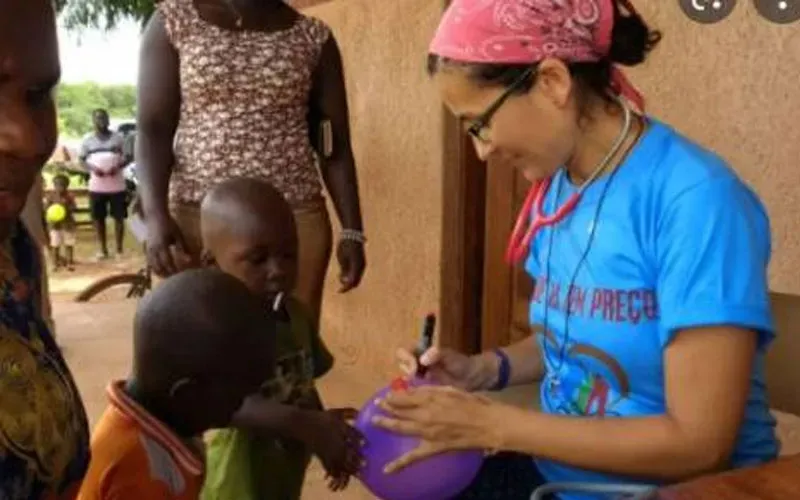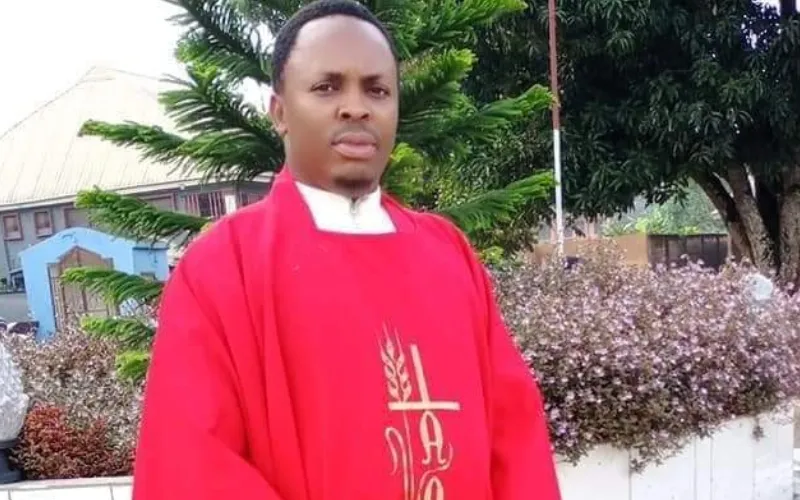Bissau, 11 December, 2021 / 11:00 pm (ACI Africa).
The Catholic Church in Guinea Bissau has recorded a significant growth in members after the places of worship were reopened in the country’s relaxation of COVID-19 restrictions, a missionary Priest in the West African country has said.
In a Tuesday, December 7 report, Fr. Celso Corbioli, the Parish Priest of St. Francis of Assisi of Guinea Bissau’s Diocese of Bissau says that since the churches were reopened after a period of closure due to COVID-19, the attendance of the faithful has increased and that the church is having “an interesting season.”
“Since the churches have been reopened (after COVID-19 lockdown), people have participated in large numbers, churches are always full. Overall, the church is experiencing an interesting season,” Fr. Corbioli says.
The member of the Missionary Oblates of Mary Immaculate (OMI) adds, “Guinea Bissau is a country with an Islamic majority. Coexistence with 20 percent of the Christian population (75 percent Catholic) is peaceful. The presence and participation of Catholics have for some time been recording significant growth.”
He says that in his Parish, people are enrolling for catechism classes, unswayed by the lengthy time it takes for someone to be baptized.




